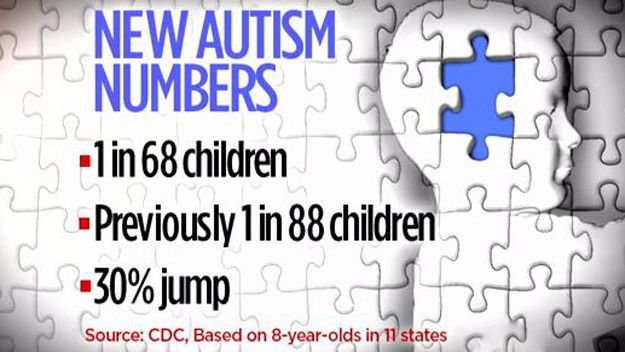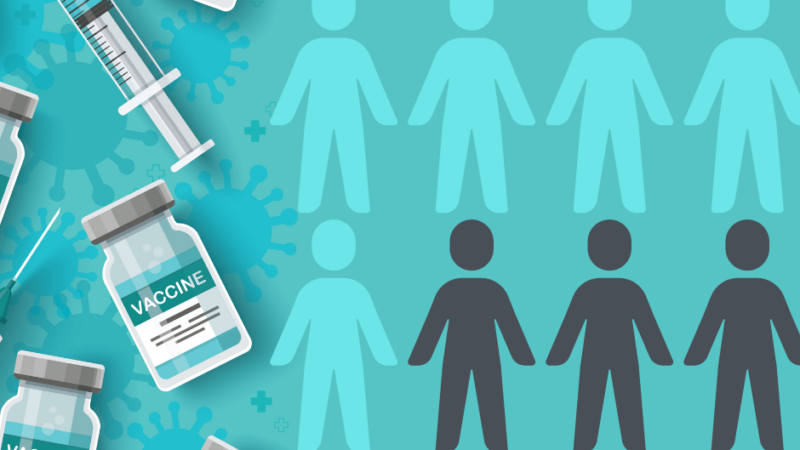DENIRO talks about his son, autism & vaccine connection

Robert De Niro’s wife, Grace Hightower, isn’t ruling out the possibility that vaccines caused their 18-year-old son Elliot’s autism. “There are many people who will come out and say ‘I saw my kid change overnight,’” the Oscar winner said during a Wednesday, April 13 appearance on Today.
“Is that the experience you had?” asked host Willie Geist, to which De Niro replied: “My wife says that. I don’t remember. But my child is autistic. And every kid is different.”
Mr De Niro, a father of six, wept as he discussed the film while being interviewed by Katie Couric after previously revealing: ‘If you’re a father, you certainly understand what it’s like to go through the worry about your kids, especially if they’ve got issues like Bradley’s character has.
‘Sometimes it can be overwhelming. It can be nightmarish and upsetting. There’s nothing much you can do but deal with it.’
Read more: http://www.dailymail.co.uk/tvshowbiz/article-2273996/Robert-De-Niro-tears-Katie-Couric-child-special-needs.html#ixzz4bGNWuvR3
In 2016, De Niro who was promoting the Tribeca Film Festival (he’s a cofounder) spent most of the segment defending the controversial film Vaxxed, which was pulled from the lineup back in late March 2016. “I think the movie is something people should see,” he said. “I, as a parent with a child who has autism, am concerned. I want to know the truth. And I’m not anti-vaccine, I want safe vaccines.”

Robert DeNiro shares a little more about his son’s vaccine injury on NBC 10. The DeNiro’s are once again putting themselves in the path of tremendous criticism. Please support them with your encouraging words of affirmation and gratitude.
- USA Today Article about DeNiro’s desire to openly discuss Autism and Vaccine Connection
- Weekly US My wife saw a change in our son after vaccines. – See video interview
- Autism Facts & Stats
Autism Facts & Stats
- Autism now affects 1 in 68 children
- Boys are four times more likely to have autism than girls
- About 40% of children with autism do not speak. About 25%–30% of children with autism have some words at 12 to 18 months of age and then lose them. Others might speak, but not until later in childhood
- Autism greatly varies from person to person (no two people with autism are alike)
- The rate of autism has steadily grown over the last twenty years
- Comorbid conditions often associated with autism include Fragile X, allergies, asthma, epilepsy, bowel disease, gastrointestinal/digestive disorders, persistent viral infections, PANDAS, feeding disorders, anxiety disorder, bipolar disorder, ADHD, Tourette Syndrome, OCD, sensory integration dysfunction, sleeping disorders, immune disorders, autoimmune disorders, and neuroinflammation.
- Autism is the fastest growing developmental disorder, yet most underfunded
- A 2008 Danish Study found that the mortality risk among those with autism was nearly twice that of the general population
- Children with autism do progress – early intervention is key
- Autism is treatable, not a hopeless condition






